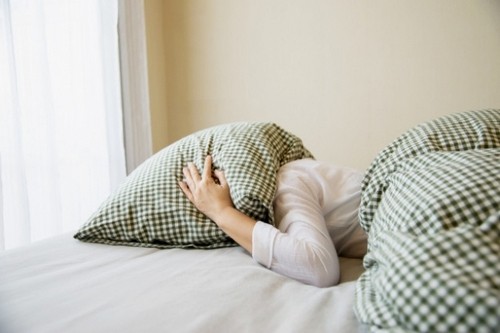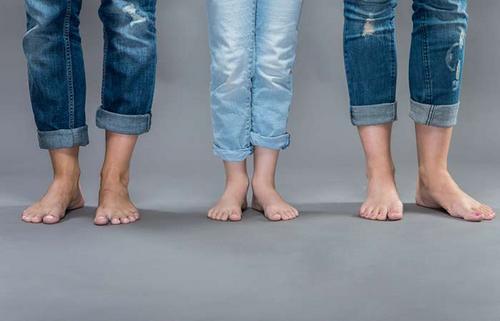Studies show over and over that sleep protects us from physical and mental illness. Without normal sleep, we are more prone to eating unhealthy, high-calorie foods, as well as reducing physical activity.
This combination can make you feel more irritable and less productive. Not to mention that the worse you sleep, the more likely it is to get sick.
The circadian rhythm is the reason you feel alert in the morning, a slight breakdown in the afternoon, and drowsiness before bedtime. Best when you have established and stable sleeping habits. When the circadian rhythm fails, as it happens during the transition to summer time, sleep disturbances are possible.
In fact, what to hide when the clock is switched to daylight saving time is a big shock for the body. In the US, there are statistics according to which the number of heart attacks increases precisely in the adaptive period. Just as it’s hard for us to change to someone else’s time zone, it’s so difficult in our own hands with the new “schedule”.
The reason why the transition to a new time can negatively affect our condition comes down to the circadian rhythm – the internal clock that controls the sleep and wake cycle.

Switching to a new time can disrupt your circadian rhythm, because the brain needs to prepare and get used to the new schedule. What needs to be done to survive the conversion of hours to summertime without stress?
Do not use gadgets before bedtime
Turn off all electronics an hour before bedtime. Resist the urge to check your email, watch your favorite TV show or read an e-book, as all these actions will only aggravate sleep problems.
Light from televisions, computers, tablets, and mobile phones can inhibit melatonin production and affect the quality of your sleep. If you still need to send the letter just before bedtime, try reducing the brightness of the display backlight on your phone or computer.
Electronic devices emit tons of blue light that makes your brain think it’s day. If you often have to work at night, buy glasses that block negative radiation, or install an application that automatically adjusts the color and brightness of the screen depending on the current time zone.

Do not overdo it with caffeine
Many of us can’t imagine our morning without a cup of coffee – and there’s nothing wrong with that. But if you constantly fill your mug throughout the day, the consequences can be negative. When switching to summer time, avoid caffeine after dinner. Caffeine exposure persists for many hours after ingestion and may interfere with your sleep.
In fact, even if you drink caffeinated drinks six hours before bedtime, you are still likely to lose a full hour of sleep, according to a study published in the Journal of Clinical Medicine of Sleep.
Start small
After moving the clock, many people cannot return to their normal sleep patterns. Neither turning off gadgets nor counting sheep helps. Some health experts recommend phasing out time. Slowly shift your sleep time by 15 minutes every night. This will allow your body to naturally adapt. For example, go to bed 15 minutes earlier today, and tomorrow increase the gap to 30 minutes. Within a week or so, you will resume your sleep routine.
Give up alcohol and snacks before bedtime
Not only caffeine stimulates your nervous system and can interfere with the body’s natural relaxation at night. Alcohol and food can also affect sleep quality by disrupting the levels of the hormones melatonin. Help your body relax and prepare for rest by giving up alcohol and snacks late in the evening. In extreme cases, if you are hungry, eat something small and light.
Sleep during the day if you feel the need
If you feel sleepy in the afternoon, take a nap, but do not prolong your sleep in the morning, as this, on the contrary, will aggravate the reaction of your body to a change in time.
You should also not go to bed too close to the main dream so as not to disturb it, and try not to sleep longer than 30 minutes.
Do not load yourself during the transition to daylight saving time with active or complex work. Try to choose a quiet gentle mode. Take breaks in work, briefly reduce the load on training, reschedule the general cleaning “later” (a great excuse, right?). And do not be alarmed if, after switching to summer time, you will be out of sorts. Over time, your body clock will adapt, just do your best to speed up the process.



